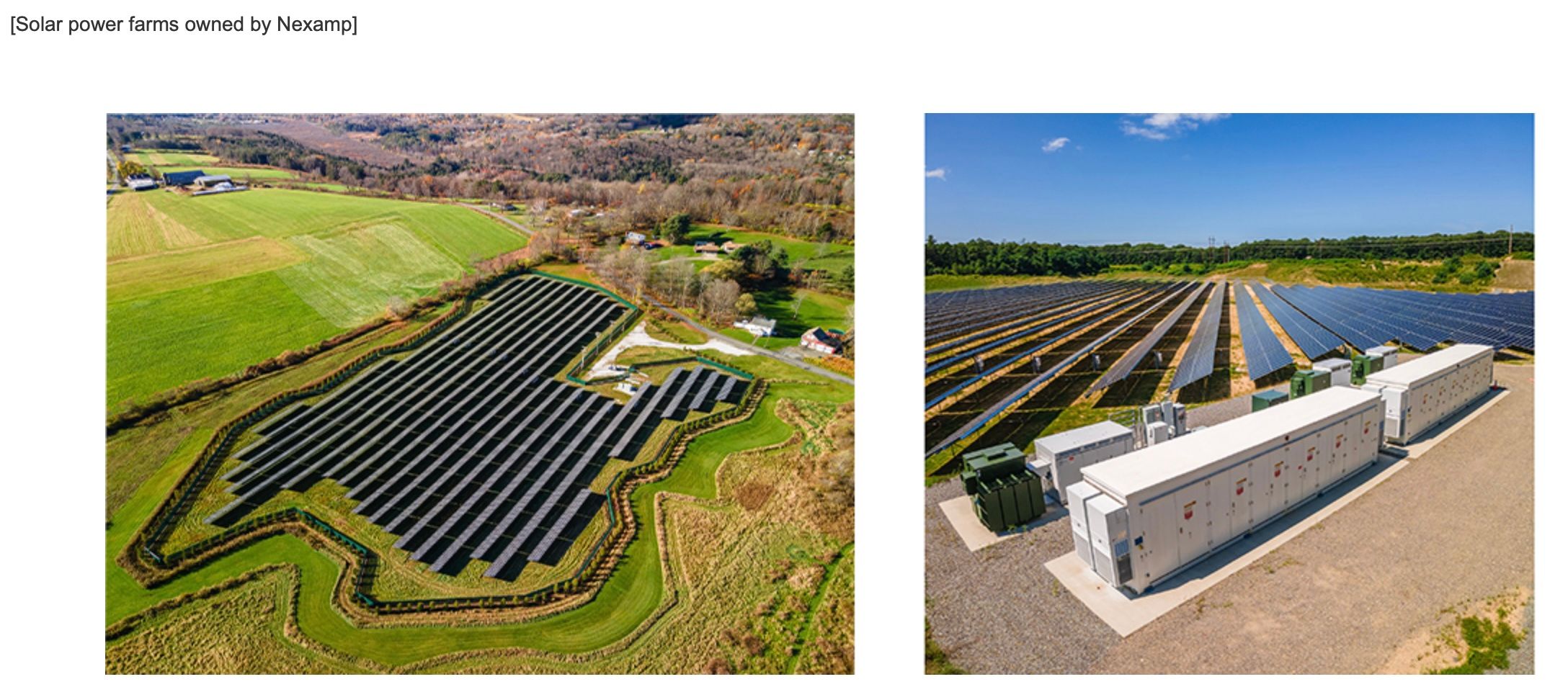
MC first acquired an interest in Nexamp in 2016(3). In 2018, Nexamp became MC’s subsidiary, and we have committed both growth capital and human resources to enhance its project development and risk management functions. Additional efforts to strengthen Nexamp's governance in keeping with its corporate growth have helped build a stable business foundation, and DGC has also extended its full support to Nexamp leveraging investment and financing capabilities to expand the development of distributed solar and storage assets.
At the time of MC's initial investment in 2016, the combined power generating capacity of Nexamp's assets under management was approximately 40MW. In comparison, Nexamp currently maintains a portfolio of over 1.5GW of generating and in-construction capacity capable of powering more than 300,000 households which shows its exponential growth.
MC will continue to support and promote Nexamp's growth in the US renewable energy market, which is expected to enjoy significant growth in the coming years. In addition to helping Nexamp secure more growth capital and diversify its shareholder base by enticing new investors, MC will coordinate the varied expertise introduced by those new shareholders to further enhance Nexamp's corporate value.
(1) Nexamp
Majority owned by MC through its wholly owned subsidiary Diamond Generating Corporation (DGC). Nexamp has end-to-end capabilities in community solar including project development and acquisition, design, construction, operations and asset management. The company's strength is its comprehensive business model, which augments its development expertise with industry leading solutions in customer acquisition and management. Digital marketing have helped Nexamp take the initiative in securing community solar customers.
(2) Community solar
Many US states are promoting community solar projects through distributed solar and storage facilities. Through these projects, households and businesses that want to use solar power but are unable to set up their own facilities due to costs, building-code regulations and other restrictions are able to take advantage of a subscription service to use the power generated by solar power providers' locally established solar farms. In doing so, they also receive credit on their electricity bills for their share of the power produced.